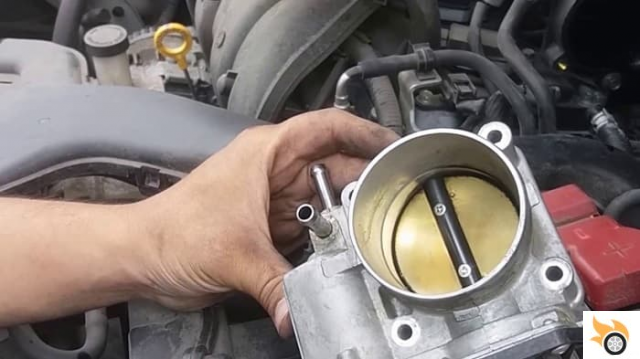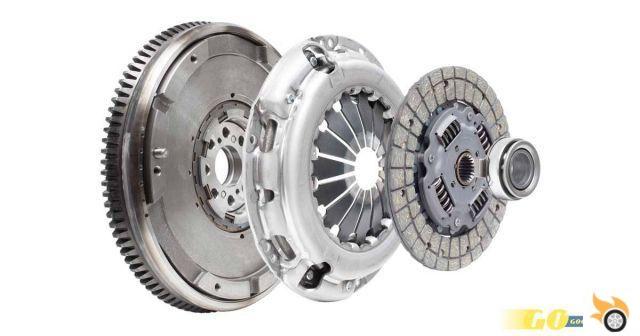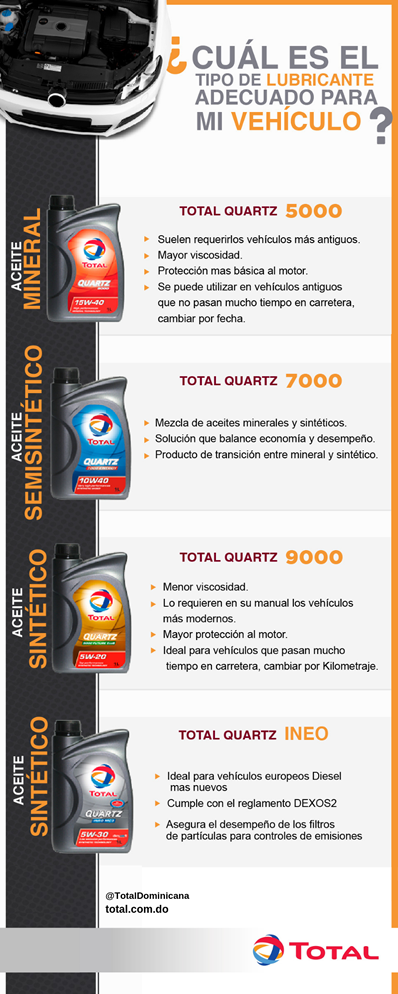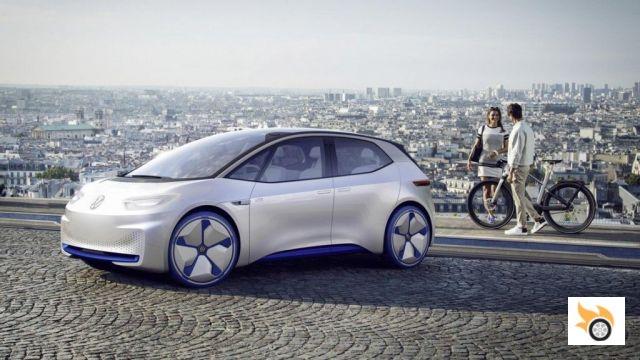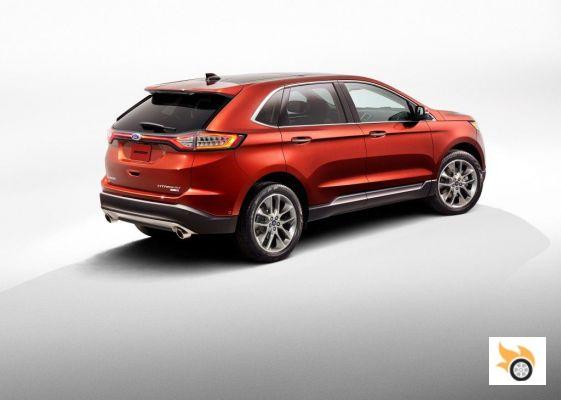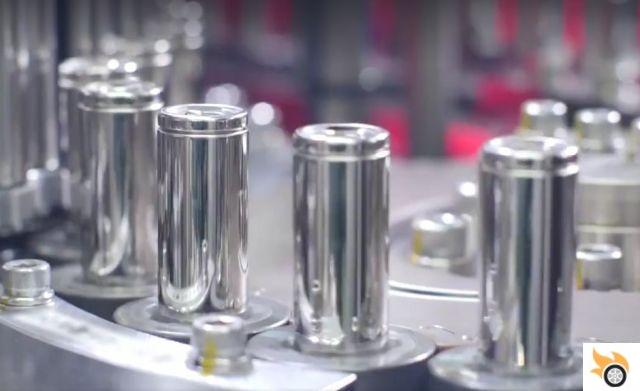
Damiano has a problem: he would like to switch to an electric car, but if he wants to keep it for at least ten years he fears the battery will deteriorate. Send your questions to info@{marca_origen}.it
Section of the new 4680 battery pack exhibited by Tesla in Berlin. “Hello, I am your reader and thank you for your work.
I'm interested in buying an electric car for my family of 5; among the various selection criteria there is also that of life span of the vehicle over the years, as it affects the family budget over time. In this regard, since I really appreciate your expertise and your opinions, I would like to ask you some clarifications: I would like to know something about the deterioration over the battery years of an electric car, for example after about ten years, although I am aware that there are not many electric cars of that age on the road. We can talk about Planned obsolescence for batteries?
Also I'd like to know the difference between the various types of batteries in terms of duration.
Thanks for your kind attention.
Best regards and good luck!” Damiano
A few 10 year old BEVs. But Tesla and Nissan tell us…
Answer- Dear Damiano, as you rightly say, the electric cars with ten years and over are very few. Basically, the former Tesla Model S and the first ones Nissan Leaf. The Renault Zoe debuted in 2013. It would be hazardous to draw hard conclusions about battery degradation based on so few cars of only two models. I would add that a lot of progress has been made in the meantime, especially in electronic battery management (BMS) but also in cell chemistry; therefore the batteries of electric cars on the market today have little in common with those of ten years ago. However, we report theand statements by Nic Thomas, marketing director of Nissan in the UK: "Nearly every [EV] battery we've ever produced is still in cars and we've been selling electric cars for 12 years."
He added: at the end of the vehicle's life, after 15 or 20 years "take the battery out of the car and it's still healthy, with maybe 60 or 70% usable charge". So the most logical and convenient thing is scrap the rest of the car. Then use the still intact battery pack in a accumulation plant serving a solar park.
The batteries that arrive undamaged at the end of the warranty period, which are the vast majority, continue to work properly for several more years. The deterioration it would be limited to the physiological 1-2% per year.
Tesla has released data on a group of several hundred Model S and Model X (see for example this analysis by Paolo Attivissimo) and which have traveled over 200 miles (322 km).
Il average battery degradation was 10% and the remaining capacity of 90%.
Almost all of these older models were fitted that al litio 1865 of old conception, and subject to greater stress in the charge/discharge cycles. New cars on the other hand have battery packs based on the new ones that 2170more modern and resistant. They are both cells based on NMC8111 chemistry with a cathode composed of Nickel, Manganese and Cobalt.
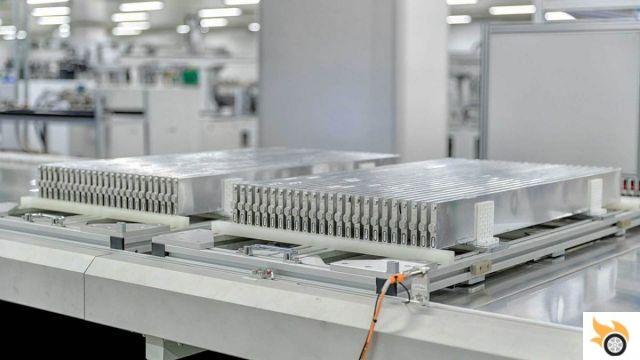
Even better should future cars go with that 4680 which have the same chemistry as the previous ones but completely different dimensions and architecture. The Tesla Model 3 produced in the Chinese factory in Shanghai also mount batteries with LFP chemistry (lithium, iron, phosphate) which withstand more recharge cycles (up to 3.500), cost less and are more thermally stable. But they have lower energy density.
Planned obsolescence? No, at least for now
Finally, we absolutely do not believe that car manufacturers are aiming for planned obsolescence, at least in this phase of the launch of battery-powered cars. Hundreds of research institutes are working around the world to solve physical and chemical problems which determine the degradation of the batteries over time and with the accumulation of charge and discharge cycles. None has so far achieved significant results, at least with economically acceptable technologies.




